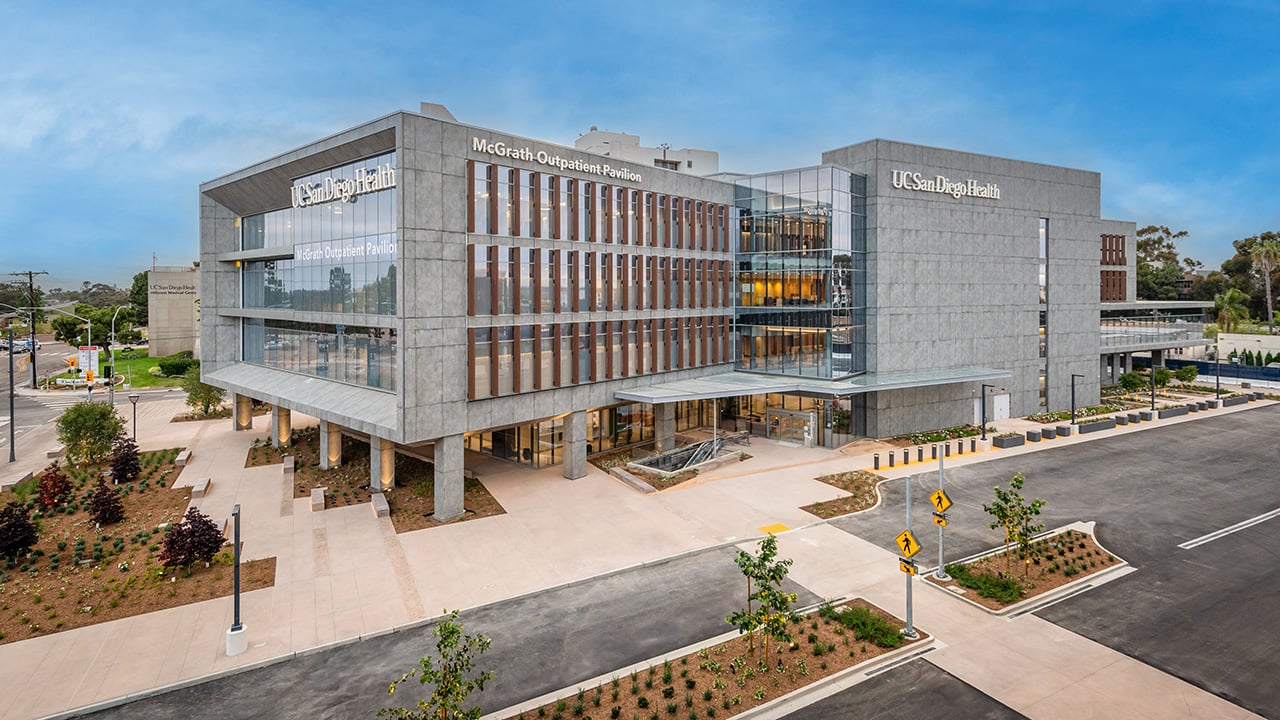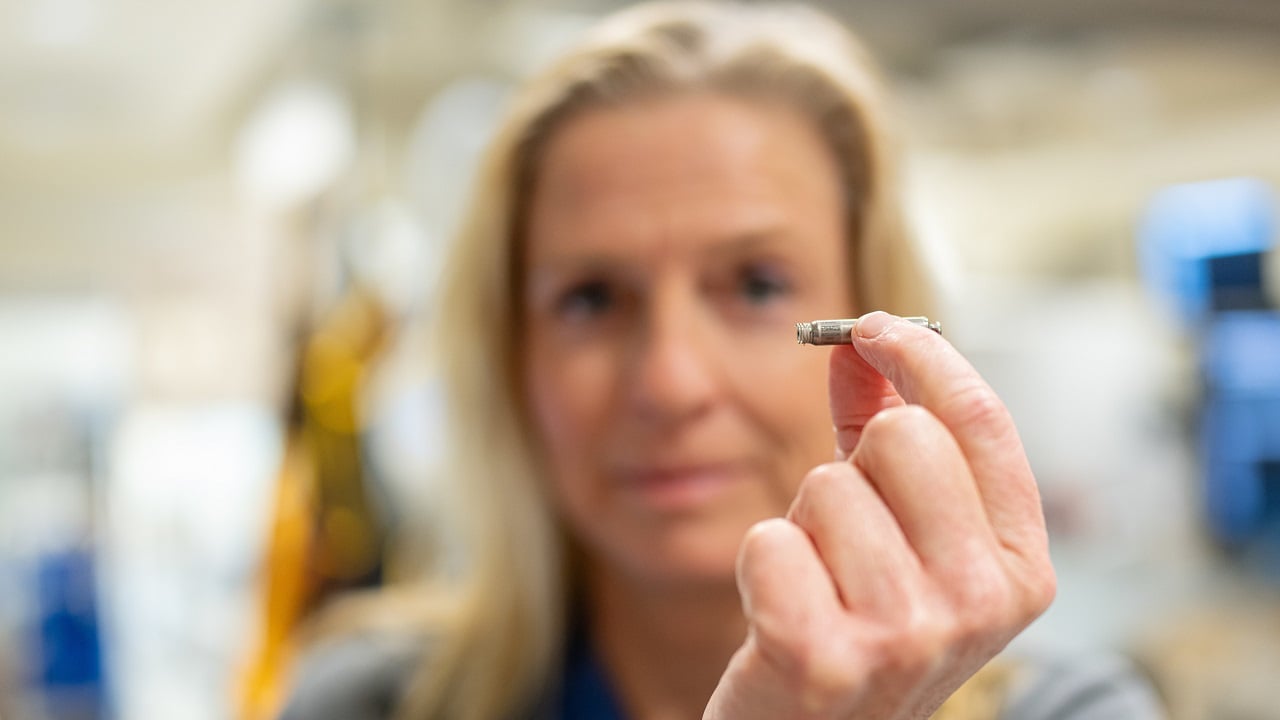Heart Ablation
Heart ablation is a procedure to treat cardiac arrhythmias, including atrial fibrillation (AFib). It gets rid of muscle fibers in the chambers of the heart that trigger and sustain abnormal rhythms.
AFib, a condition that affects more than 2 million people in the U.S., is a common cause of stroke and congestive heart failure. Ablation for AFib may also be performed as part of open-heart surgery or using a minimally invasive, robotically assisted approach in the hybrid operating room at UC San Diego Health.
Catheter Ablation
Catheter ablations are performed in our electrophysiology labs, the most advanced in the region.
- Radiofrequency catheter ablation uses a heating technology to destroy part of the heart muscle containing the electrical pathways that cause arrhythmias.
- Cryoablation (particularly to treat AFib) uses freezing technology to ablate or destroy heart tissue that causes arrhythmias.
Both procedures provide relief for patients who may not have responded well to medications or would rather not or cannot take medications.
Dr. Gregory Feld, medical director of UC San Diego Health's electrophysiology program, and his team of cardiac electrophysiologists have performed this procedure for thousands of patients over the past 30 years.
Success Rates
- Catheter ablation for other atrial arrhythmias — including atrial flutter — and supraventricular tachycardia with or without Wolff-Parkinson-White syndrome has been performed in several thousand patients over the past 20 years, with a success rate approaching 100%.
- The success rate of catheter ablation for AFib is between 60% and 85% after one or two procedures, depending on how long the patient has been in atrial fibrillation. The best result is achieved within one year of the onset of AFib.
- Catheter ablation for ventricular arrhythmias, including premature ventricular beats, ventricular tachycardia, and even ventricular fibrillation, can also be performed, with success rates ranging from 50% to 95%. Targeted ventricular fibrillation ablation was first developed at UC San Diego Health.
PFA: A New Ablation Option
UC San Diego Health is among the first to offer pulsed field ablation (PFA) therapy for arrhythmia. PFA uses rapid electrical pulses to create tiny pores in cell membranes, enabling controlled ablation of the heart tissue that causes arrhythmia.
Pulsed field ablation can enhance safety and precision. The goal is to target only the cells that cause arrhythmia, sparing nearby tissues like the esophagus or nerve tissue. PFA's efficiency can also help patients resume normal activity sooner.
Epicardial Catheter Ablation
This innovative procedure offers a less invasive alternative to conventional open-heart surgical ablation for ventricular tachycardia.
During epicardial catheter ablation, a special catheter is passed through the chest wall into the pericardial space around the heart. With the help of a cooled-tip catheter, radiofrequency energy is used to cauterize the heart tissue causing the abnormal heart rhythm.
Our Cardiovascular Institute is the only place in the San Diego region that routinely performs this ablation technique.
Mini-Maze Procedure
The Mini-Maze procedure provides an alternative to conventional catheter ablation for atrial fibrillation (AFib). It may be used in patients with chronic, persistent AF. This technique, performed in collaboration with cardiothoracic surgeons, interrupts the electrical pathways in the heart's upper chambers, converting AFib to a normal rhythm.
This minimally invasive surgery uses an ablation technique to create a "maze" of lesions in specific areas of the heart. Accessing the heart from between the ribs, the surgeon uses brief bursts of radiofrequency energy to cauterize the tissue. These cauterized areas no longer conduct electrical impulses, which interrupts the transmission of abnormal signals and allows the rest of the heart to resume beating normally.
At UC San Diego Health, research has shown this treatment to be curative in approximately 85% of atrial fibrillation patients.
Contact Us
Appointments
- New and Current Patients:
Phone: 858-657-8530 - Noninvasive Imaging
Phone: 858-657-8111
Referrals
- Phone: 858-657-8817
- Fax: 858-657-1252
Our Specialists
Cardiovascular Locations
See heart care locations conveniently located around San Diego County.



